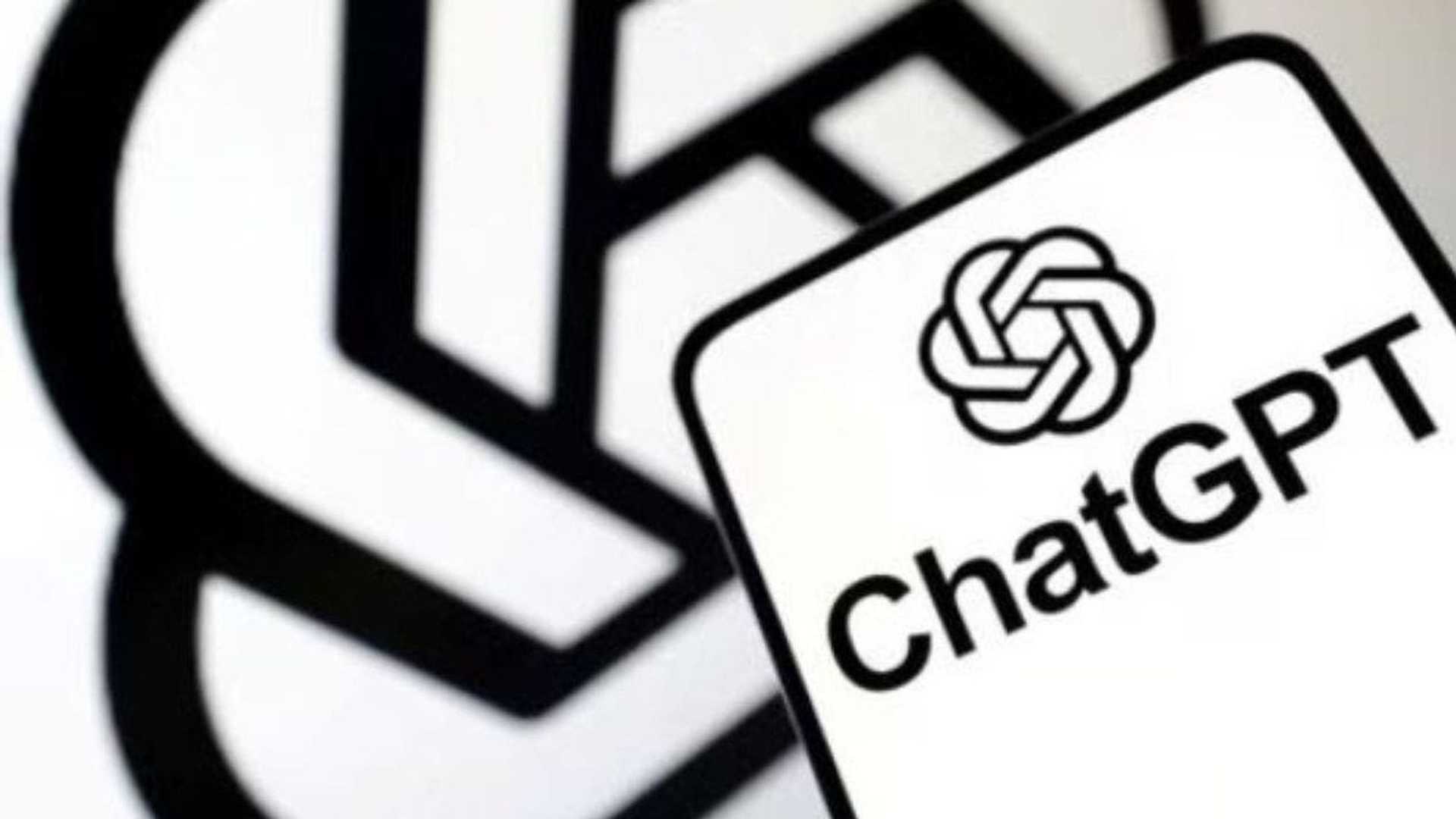German authors, performers call for tougher ChatGPT rules amid copyright concerns
German authors and performers have urged the European Union to strengthen draft artificial intelligence (AI) regulations to address concerns about generative AI like ChatGPT that can mimic humans and create text and images based on prompts. In a letter to the European Commission, European Council, and EU lawmakers, 42 German associations and trade unions representing more than 140,000 authors and performers emphasized the threat to their copyright from ChatGPT.
The letter expressed concern about the unauthorized use of protected training material, non-transparent processing, and the foreseeable substitution of sources by the output of generative AI. It raised fundamental questions of accountability, liability, and remuneration that require solutions before irreversible damage is done.
The authors and performers called for generative AI to be at the center of any meaningful AI market regulation. They urged the rules to be enhanced to regulate generative AI throughout the entire product cycle, especially on providers of foundation models. They also called for providers of such technology to be liable for all content generated and disseminated by the AI, particularly for infringement of personal rights and copyrights, misinformation, or discrimination.
The letter stated that providers of foundation models, such as Microsoft, Alphabet's Google, Amazon, and Meta Platforms, should not be allowed to operate central platform services to distribute digital content.
The European Commission will soon finalize the details of its AI rules with EU lawmakers and member states.




















